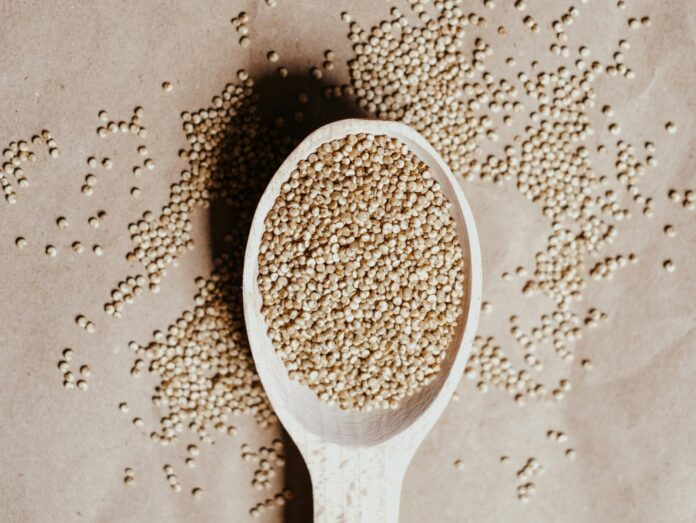Every health article you read around this time of year is going to be about “moderation,” “managing your holiday stressors” and/or “holiday mocktails and guilt-free cookies” – all of which I am sure have some very enlightening tips. It goes without saying: Practice moderation whenever you can. If you can avoid holiday stress, that’s fantastic (also please write me an email about your magical powers). But guilt-free cookies are most likely going to taste like cardboard, so I suggest eating one or two of your absolute favorite cookies and make peace with it.
For this holiday season I am going to enlighten you on one of the most important minerals our bodies need to stay healthy (cookies or not): magnesium.
Magnesium is a vital mineral involved in over 300 enzymatic reactions in the body. It helps regulate muscle and nerve function, blood sugar levels and blood pressure while also aiding in protein synthesis and bone development. Despite its importance, magnesium deficiency is relatively common, affecting about 50% of the population due to factors like inadequate dietary intake, certain medications or medical conditions that impair absorption.
The best way to maintain healthy magnesium levels is through diet. Many natural foods are excellent sources of this mineral, including:
- Leafy greens: spinach, kale and Swiss chard.
- Nuts and seeds: almonds, cashews, pumpkin seeds and sunflower seeds.
- Whole grains: brown rice, quinoa and oats.
- Legumes: Black beans, lentils and chickpeas.
- Seafood: Salmon and mackerel.
- Fruits: Bananas, avocados and dried fruits like figs.
- Dark chocolate: A treat that also delivers a magnesium boost when consumed in moderation.
A diet rich in these foods can help meet the recommended daily magnesium intake, which is about 400 to 420 mg for adult men and 310 to 320 mg for adult women.
Why we need magnesium
Magnesium is indispensable for maintaining good health. Some of its key functions include:
- Muscle and nerve health: Magnesium regulates muscle contractions and helps prevent cramps. It also supports nerve signaling.
- Bone strength: About 60% of the magnesium in your body is stored in bones, making it essential for bone density and preventing osteoporosis.
- Heart health: Magnesium helps maintain a steady heart rhythm and regulates blood pressure, reducing the risk of cardiovascular diseases.
- Energy production: It plays a pivotal role in converting food into energy.
- Stress and sleep: Magnesium may alleviate stress and improve sleep quality by supporting the production of calming neurotransmitters.
Magnesium supplements: what to know
For those unable to get enough magnesium from food alone, supplements may be an option. It’s important to choose the right type of supplement, as not all forms of magnesium are absorbed equally.
- Magnesium citrate: Highly bioavailable and often recommended for those with mild deficiencies.
- Magnesium glycinate: Gentle on the stomach and helpful for managing stress and promoting sleep.
- Magnesium oxide: Less expensive but poorly absorbed; often used as a laxative.
- Magnesium malate: Known for supporting energy production and reducing muscle soreness.
When selecting a supplement, consult your health care provider to determine the best option for your needs. If you get the green light to start supplementing, I advise you take it at night (unless your doctor says otherwise) as it helps to promote sleep.
Before starting any magnesium supplement, it’s crucial to have your magnesium levels tested. A simple blood test can measure serum magnesium, with a healthy range typically between 1.7 and 2.3 mg/dL. In cases of deficiency, your health care provider may recommend supplements or dietary adjustments.
Over-supplementation can lead to adverse effects, including diarrhea, nausea and, in severe cases, magnesium toxicity, which can cause irregular heartbeats and low blood pressure. Supplements should only be taken under medical supervision.
While magnesium is essential for health, self-diagnosing and supplementing without professional input can be risky. Always discuss your health concerns and nutritional needs with your health care provider before making changes to your diet or starting supplements. Certain conditions, like kidney disease, can make magnesium supplementation unsafe.
Magnesium is a powerhouse mineral that supports nearly every system in your body. Ensuring you consume enough through nutrient-rich foods or supplements, when necessary, can help maintain optimal health.





















